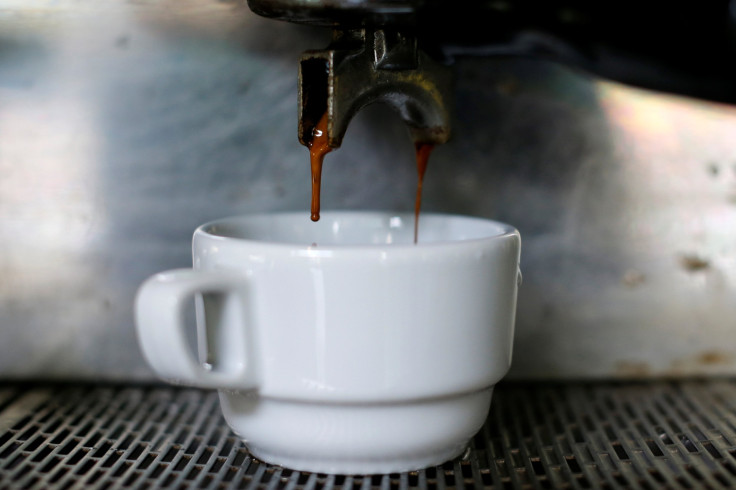Coffee can make you go deaf; Scientists find caffeine impedes ear’s ability to recover from loud noise

A new research by Research Institute of the McGill University Health Centre (RI-MUHC) scientists has revealed that coffee may impede hearing recovery from noise. Sufferers of temporary hearing damage may find it difficult to recover if they consume caffeine daily. The findings of the study may have a tremendous impact on general population, especially for those who are regular caffeine users.
Hearing damage may be caused by excessive noise in many workplace environments such as construction industry, manufacturing, mining and aviation. Social events and concerts may also pose a risk of hearing loss as sound levels often exceed health recommendations. Loud noise in such environments may lead to temporary hearing reduction that is also known as auditory temporary threshold shift.
Even though the disorder is generally reversible within the first 72 hours after exposure, in certain cases, the damage may be permanent, said Otolaryngologist and member of the McGill Auditory Sciences Laboratory at the RI-MUHC, Dr. Faisal Zawawi. The research was led by Dr. Sam J. Daniel.
The researchers, through their previous studies, had suspected a link between ear’s ability to recover and certain substances such as caffeine. Moreover, caffeine intake is often common in environments where noise may be a health hazard. Hence, the scientists decided to further investigate this link and found out that caffeine did impact the ear’s ability to recover.
“Our research confirmed that exposure to loud auditory stimuli coupled with daily consumption of 25mg/kg of caffeine had a clear negative impact on hearing recovery,” Zawawi said in a statement.
The researchers in an animal model exposed two groups to a sound of 110 dB for an hour. One group was administered a daily dose of caffeine but the other group remained caffeine-free. A day later, the researchers found that the hearing loss was similar in both groups. However, eight days later, the group without caffeine recovered completely while the one with caffeine experienced persistent hearing impairment.
Results of the study was published in the Journal of the American Medical Association.





















